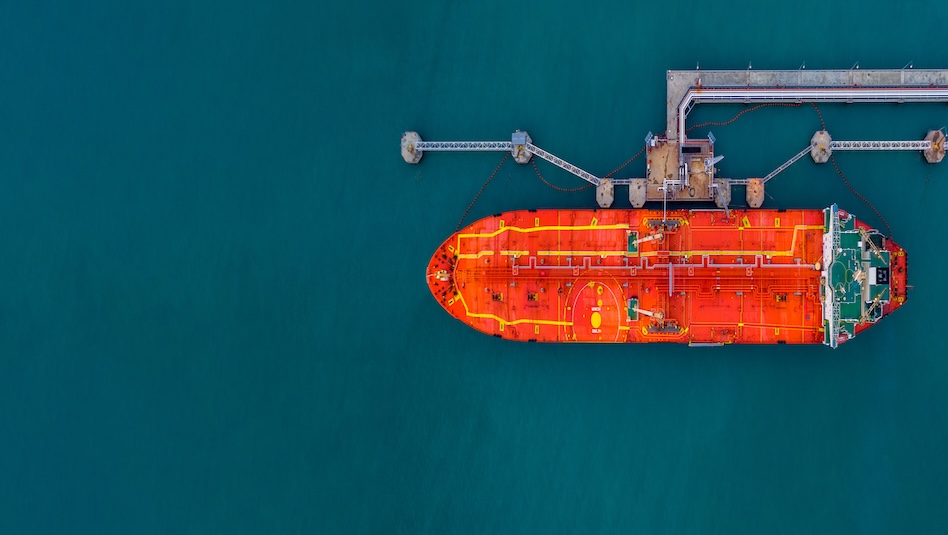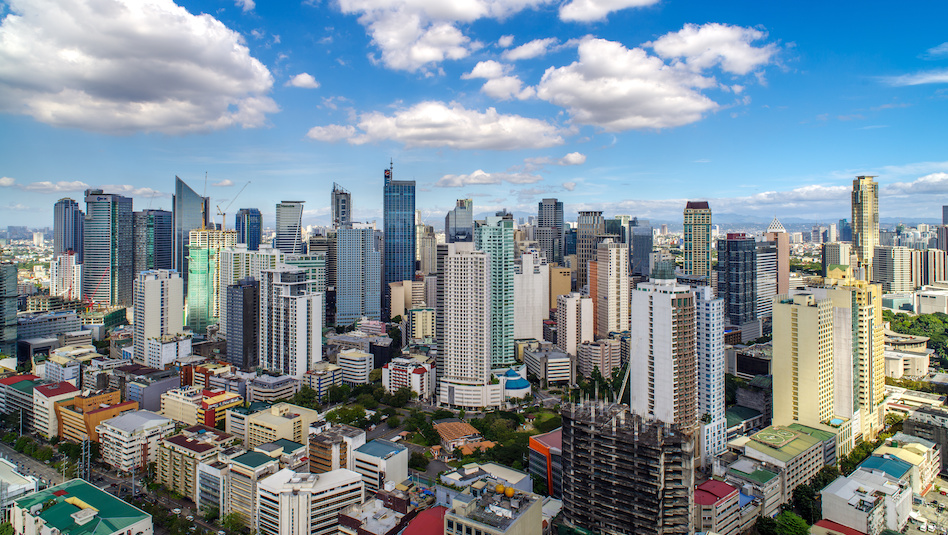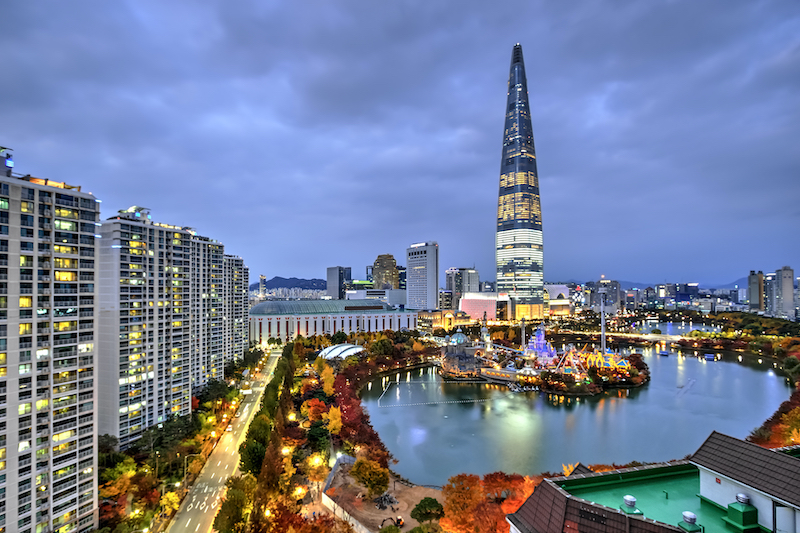

INSIGHTS 

INVESTMENT STRATEGY
THE BASICS
DOWNLOADS 

 DOWNLOAD
DOWNLOAD

 DOWNLOAD
DOWNLOAD

 DOWNLOAD
View all Reports
DOWNLOAD
View all Reports


Economic Updates
Philippines Trade Update: Imports weaken on tepid demand
 DOWNLOAD
DOWNLOAD

Economic Updates
Policy Rate Updates: BSP outlook — cloudy with a chance of rate cut
 DOWNLOAD
DOWNLOAD

Economic Updates
January Economic Update: Growth slows, prices rise
 DOWNLOAD
DOWNLOAD
Follow us on our platforms.






Our Top Picks
We highlight some of the bonds we currently prefer, based on the value they offer and the strength of their credit.
Access this content:
If you are an existing investor, log in first to your Metrobank Wealth Manager account.
If you wish to start your wealth journey with us, click the “How To Sign Up” button.
 OUR TOP PICKS
OUR TOP PICKS
Sovereign Bonds
as of February 28, 2026
Sultanate of Oman
- Issuer: Sultanate of Oman
- Bond: OMAN 5.375 27; OMAN 6.75 27
- Indicative Yield-to-Maturity (YTM): 3.98%; 4.15%

Oman possesses a developing, hydrocarbon-reliant economy, ranking as the 73rd largest globally by nominal GDP as of 2024, estimated at around USD 107 billion. Its economic foundation is primarily built upon its oil and gas reserves, which historically accounted for a significant portion of its GDP and export earnings, though diversification efforts are underway. While still dominant, the government has been actively promoting non-oil sectors like tourism, logistics, manufacturing, and mining through its Oman Vision 2040 initiative to reduce economic reliance on hydrocarbons. The country benefits from its strategic location at the mouth of the Persian Gulf, facilitating trade. It maintains strong economic ties with Gulf Cooperation Council (GCC) member states and Asian economies. Oman’s economic outlook for 2025 is shaped by global energy prices, the success of its diversification programs, and regional stability.

Kingdom of Saudi Arabia
- Issuer: Kingdom of Saudi Arabia
- Bond: KSA 0.75 27 (EUR)
- Indicative Yield-to-Maturity (YTM): 2.45%

This sovereign bond is attractive due to the Kingdom’s strong and improving credit profile, a result of successful economic diversification initiatives, and a commitment to fiscal responsibility. It offers investors a degree of stability within the emerging markets landscape. The nation’s proactive economic reforms and strategic investments are expected to support sustained long-term growth. This makes it a compelling option for those seeking stable returns from a robust Middle Eastern economy.

Republic of the Philippines
- Issuer: Republic of the Philippines
- Bond: PHILIP 5 36
- Indicative Yield-to-Maturity (YTM): 4.95%

The Republic of the Philippines is one of the fastest-growing emerging market economies, driven primarily by strong consumer spending, remittances from overseas Filipino workers, and robust sectors like Business Process Outsourcing (BPO), tourism, and manufacturing. While its GDP per capita remains comparatively low, the economy is expected to sustain strong growth, potentially leading to sovereign ratings upgrades, contingent on continued structural improvements and sectoral diversification. Key risks include the potential impact of US tariffs on trade and the challenge of increasing tax revenues given a significant informal economy. However, upside potential is possible amid stabilizing inflation and ongoing economic reforms aimed at attracting investment and boosting domestic demand. For structured products and portfolio diversification we also favor this euro-denominated bond for cross-currency swap.
Access this content:
If you are an existing investor, log in first to your Metrobank Wealth Manager account.
If you wish to start your wealth journey with us, click the “How To Sign Up” button.
 OUR TOP PICKS
OUR TOP PICKS
Corporate Bonds
as of February 28, 2026
BDO Unibank
- Issuer: BDO Unibank
- Bond: BDOPM 4.375 30
- Indicative Yield-to-Maturity (YTM): 4.26%

- BDO Unibank was established as Acme Savings Bank in 1968, and was then acquired by SM Investments in 1976. It became a commercial bank in 1994 and a universal bank in 1996.
- BDO was listed in May 2002. SM Investments remains the bank's largest shareholder with a 41% stake.
- BDO has expanded through a series of M&As. Among its key transactions, it merged with Dao Heng Bank Philippines in 2001, Banco Santander Philippines in 2003, UOB Philippines in 2005, Equitable PCI Bank in 2007, GE Money Bank in 2009, Citibank Savings, DB Trust and Real Bank in 2014, One Network Bank in 2015 (the largest rural bank in the Philippines), and RB Pandi's banking business in 2019. It also acquired the insurance business of Generali in the Philippines in 2016.
- BDO has the largest distribution network in the country and is ranked the largest bank in terms of consolidated resources, total assets, loans, deposits and trust funds under management.
- Its loan book was split 51% large corporates, 24% middle market, and 25% consumer at 2Q25. 41% of the consumer book comprised mortgages, 29% credit cards, 13% auto loans and the remaining personal loans (13%) and others (5%).

State Bank of India
- Issuer: State Bank of India
- Bond: SBIIN 5.125 29
- Indicative Yield-to-Maturity (YTM): 4.22%

The State Bank of India (SBIIN) continues to show strong and steady performance, supported by growth across its core business lines and ongoing improvements in financial health. The bank’s total assets, loans, and deposits have all expanded consistently, reflecting solid demand and the bank’s dominant position in the market. Its capital strength has also improved, giving it a larger safety buffer to support future growth and handle potential risks. At the same time, the bank’s bad loans have declined noticeably, and it now holds stronger reserves to cover problem accounts, showing that asset quality has become much healthier. Liquidity remains comfortable, meaning the bank has more than enough funding and cash flow to meet obligations. Overall, its size, improving balance sheet, stronger capital, and better loan quality all reinforce its standing as one of India’s most stable and financially sound banks.

Globe Telecom
- Issuer: Globe Telecom
- Bond: GLOPM 2.5 30
- Indicative Yield-to-Maturity (YTM): 4.44%

Globe Telecom (GLO PM) is a leading telecommunications operator in the Philippines, maintaining a dominant market share in mobile data, voice, and SMS services. While facing competitive pressures from DITO and PLDT, its strong market position and DITO’s slowing expansion mitigate the challenges. Globe’s financial performance shows modest earnings growth and stable leverage metrics, with expected improvements in credit metrics for full year 2025 due to EBITDA growth, lower capital expenditure, and tower sales. The company’s Credit Quality Score (CQS) is 38 with a stable outlook as of July 21, 2025. Despite risks from heavy capital expenditure and consistent dividend payouts, Globe’s established market presence and strategic financial management reflect continued stability.








